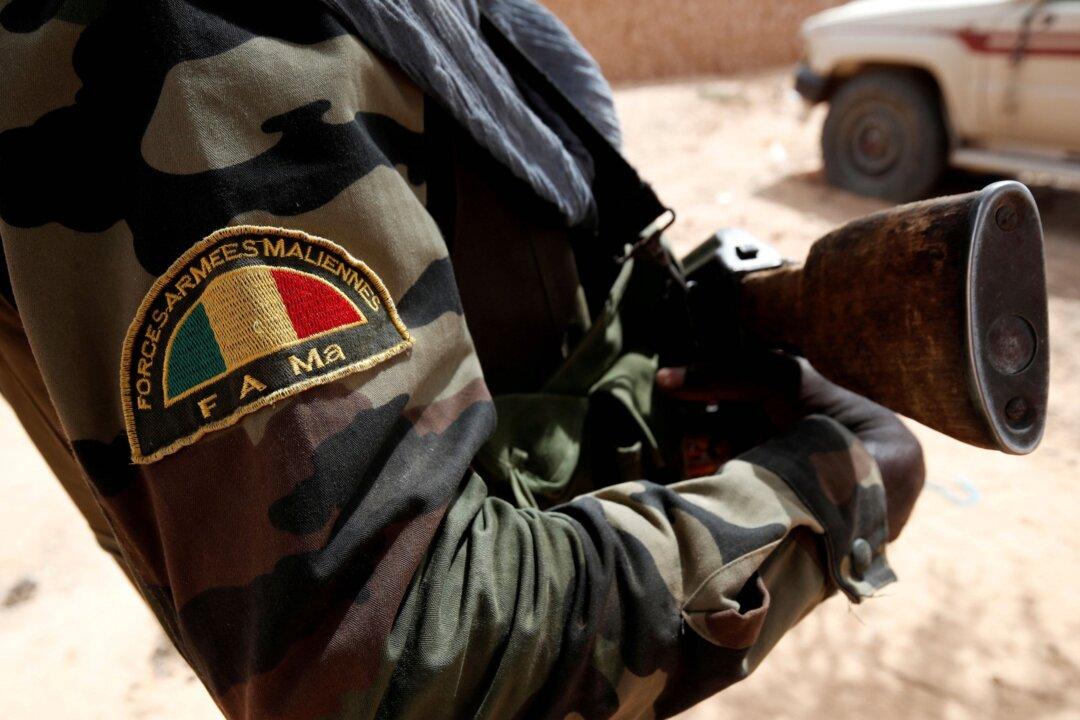BAMAKO–Mali’s President Ibrahim Boubacar Keita on Saturday said his people would not be frightened by “barbaric attacks” after unidentified gunmen killed at least 14 soldiers in a pre-dawn assault on a military camp.
West Africa’s arid Sahel region is suffering a spike in violence by militant groups, some with links to al Qaeda and ISIS, that is drawing an increasingly aggressive response from countries including France and the United States.





